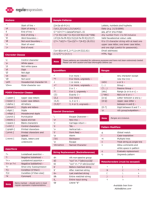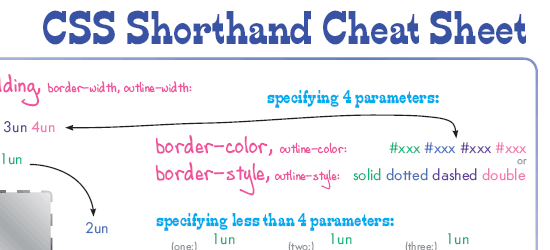Regular expressions (regex or regexp) provide a concise and flexible means for matching strings of text, for instance particular characters, words, or patterns of characters. A regular expression is written in a formal language that can be interpreted by a normal expression processor, a program that either serves as a parser generator or examines text and identifies parts that match the provided specification.
Regular expressions are used by quite a few text editors, utilities, and programming languages to search and manipulate text based on patterns. Some of these programming languages, including Perl, Ruby, Awk, and Tcl, have fully integrated normal expressions into the syntax of the core language itself. Others like C, C++,.NET, Java, and Python instead offer access to regular expressions only by means of libraries. Utilities provided by Unix distributions-including the editor ed and the filter grep-were the very first to popularize the concept of regular expressions. Lots of modern computing systems offer wildcard characters in matching filenames from a file system. This is a core capability of numerous command-line shells and is also known as globbing. Wildcards differ from regular expressions in normally expressing only limited forms of patterns. A normal expression, generally known as a pattern, is an expression that describes a set of strings. They’re generally used to give a concise description of a set, without having to list all elements
Learning regex or regular expressions is a little bit challenging, you need to try and errors many times before you got a regular expressions you want (note: for a complex regex).
So to learn regex or regular expressions you can download this cheat sheet to help you.

Download Regular Expressions Cheat Sheet
Source from: addedbytes.com
